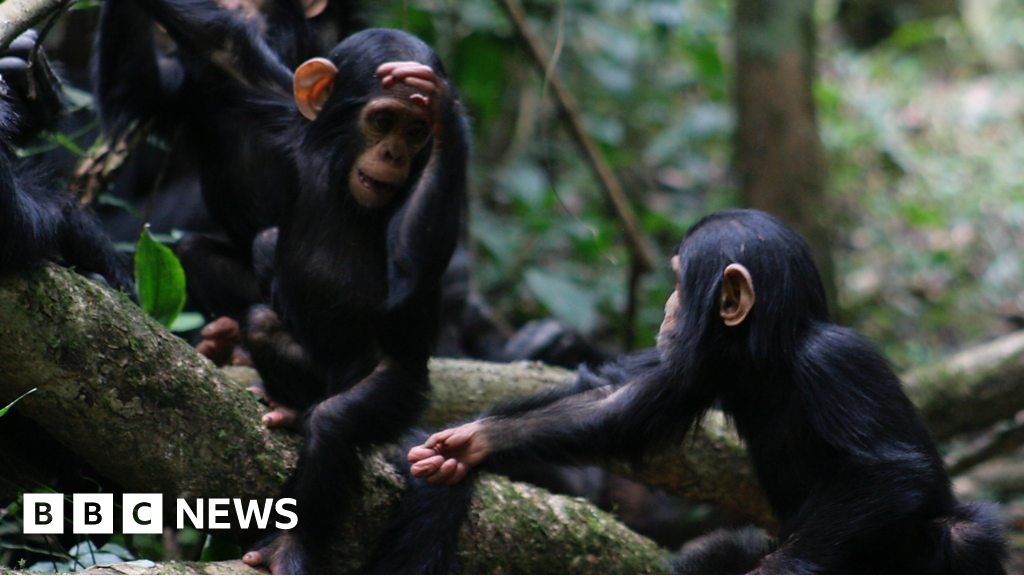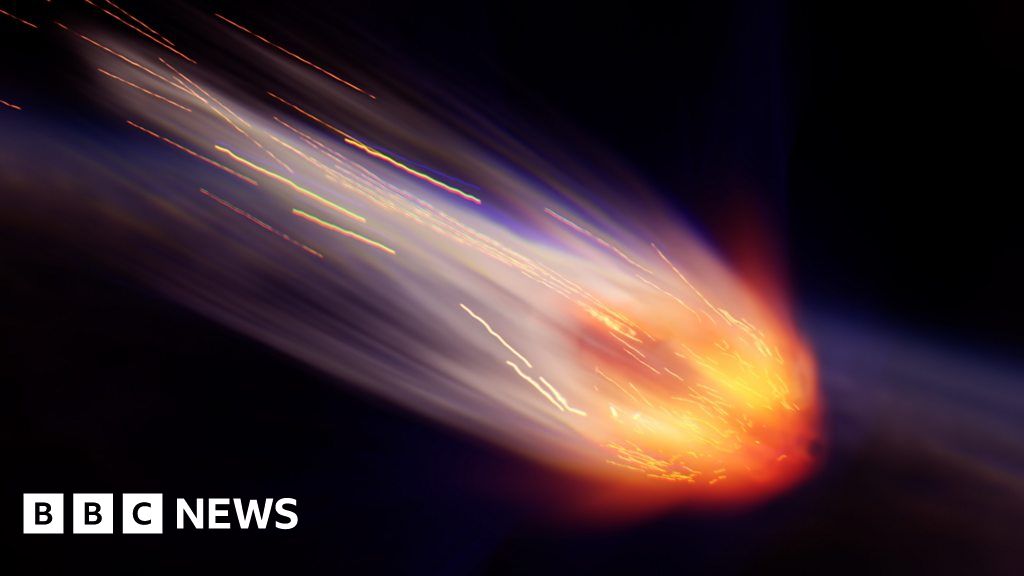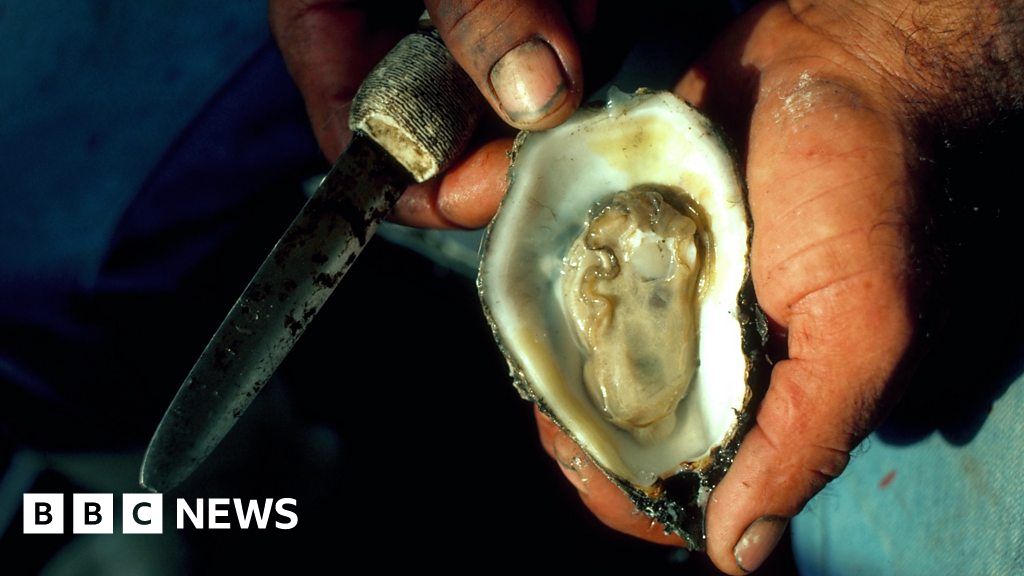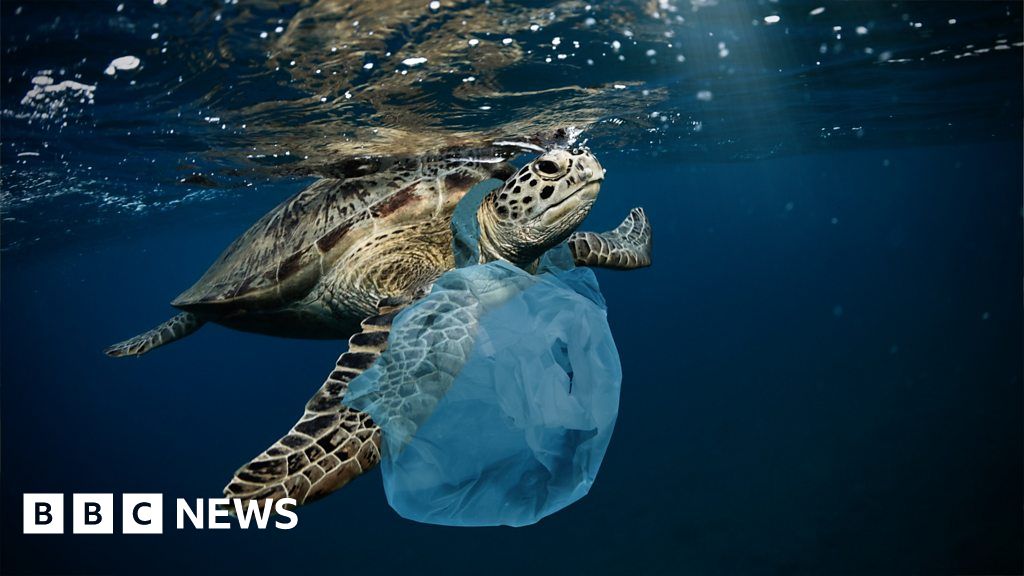
Humans are naturally able to understand many of the signs, or gestures, that wild chimpanzees and bonobos use to communicate with one another, new research finds.
University of St Andrews scientists studying communication in chimpanzees and bonobos tested humans' ability to translate the animals' gestures into a video playback experience.
They say the results suggest the last common ancestor we share with chimpanzees also used signals and gestures. And that these provided an origin for our own language.


